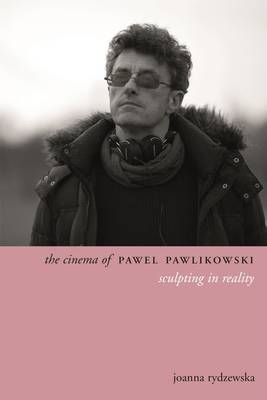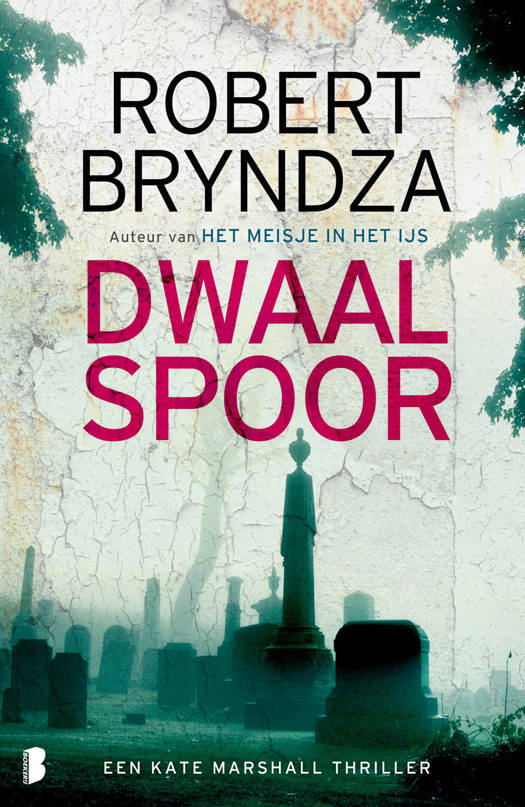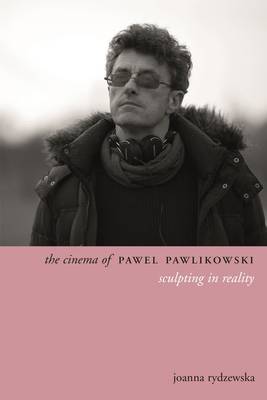
- Afhalen na 1 uur in een winkel met voorraad
- Gratis thuislevering in België vanaf € 30
- Ruim aanbod met 7 miljoen producten
- Afhalen na 1 uur in een winkel met voorraad
- Gratis thuislevering in België vanaf € 30
- Ruim aanbod met 7 miljoen producten
Zoeken
Omschrijving
Already regarded as one of the most important contemporary British and Polish directors, Pawel Pawlikowski's 2013 receipt of the Academy Award for the Best Foreign Film for his Holocaust drama Ida secured his place in world cinema. Drawing on a series of original interviews with the filmmaker, this first full account of Pawlikowski's extraordinary life and career trajectory charts his departure from Poland in the 1970s via his rarely seen BBC documentaries, From Moscow to Pietushki (1990), Dostoyevski's Travels (1991), Serbian Epics (1992), Tripping with Zhirinovsky (1995), Twockers (1998), and The Stringer (1997) to his international success with Last Resort (2000), My Summer of Love (2004), The Woman in the Fifth (2011), and Ida. Highlighting Pawlikowski's collaborative working practices, personal approach to filmmaking, and different places of residence, the volume analyzes his thematic preoccupation with questions of identity, mapped against seismic historical events and social change in intimate human stories where emotions and characters stand out. Also explored are key stylistic considerations: the outsider's gaze, the aesthetics of dislocation, and Pawlikowski's signature minimalist style, all of which draw on the rich legacy of European art house cinema. Examining the varied production histories of Pawlikowski's films, this volume also offers a larger reflection on the transnational developments in European film, asking how increased mobility and the rise of pan-European film funding challenges the tradition of European art house cinema.
Specificaties
Betrokkenen
- Auteur(s):
- Uitgeverij:
Inhoud
- Aantal bladzijden:
- 216
- Taal:
- Engels
- Reeks:
Eigenschappen
- Productcode (EAN):
- 9780231177238
- Verschijningsdatum:
- 25/09/2019
- Uitvoering:
- Paperback
- Formaat:
- Trade paperback (VS)
- Afmetingen:
- 152 mm x 229 mm
- Gewicht:
- 453 g

Alleen bij Standaard Boekhandel
+ 73 punten op je klantenkaart van Standaard Boekhandel
Beoordelingen
We publiceren alleen reviews die voldoen aan de voorwaarden voor reviews. Bekijk onze voorwaarden voor reviews.













